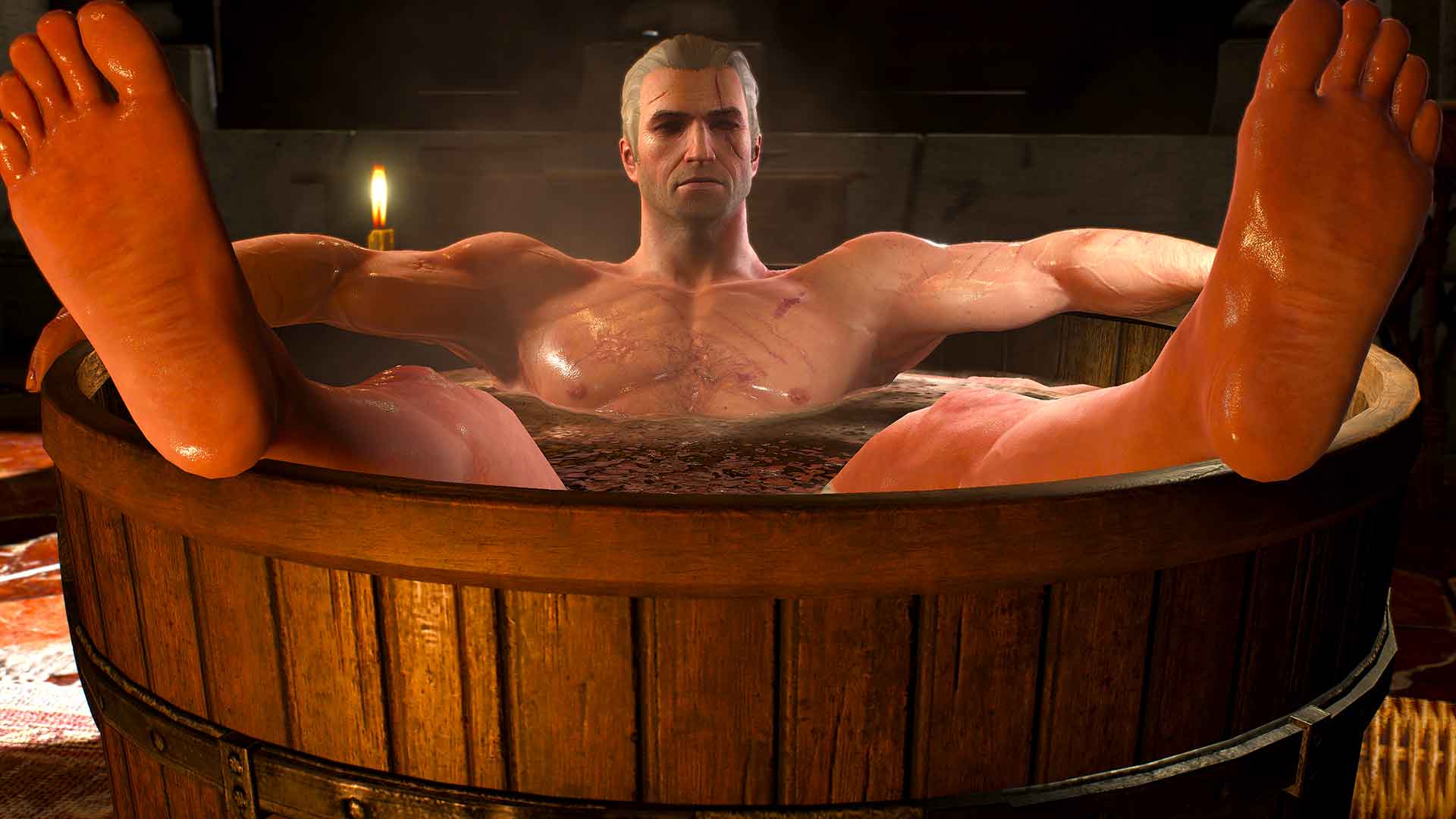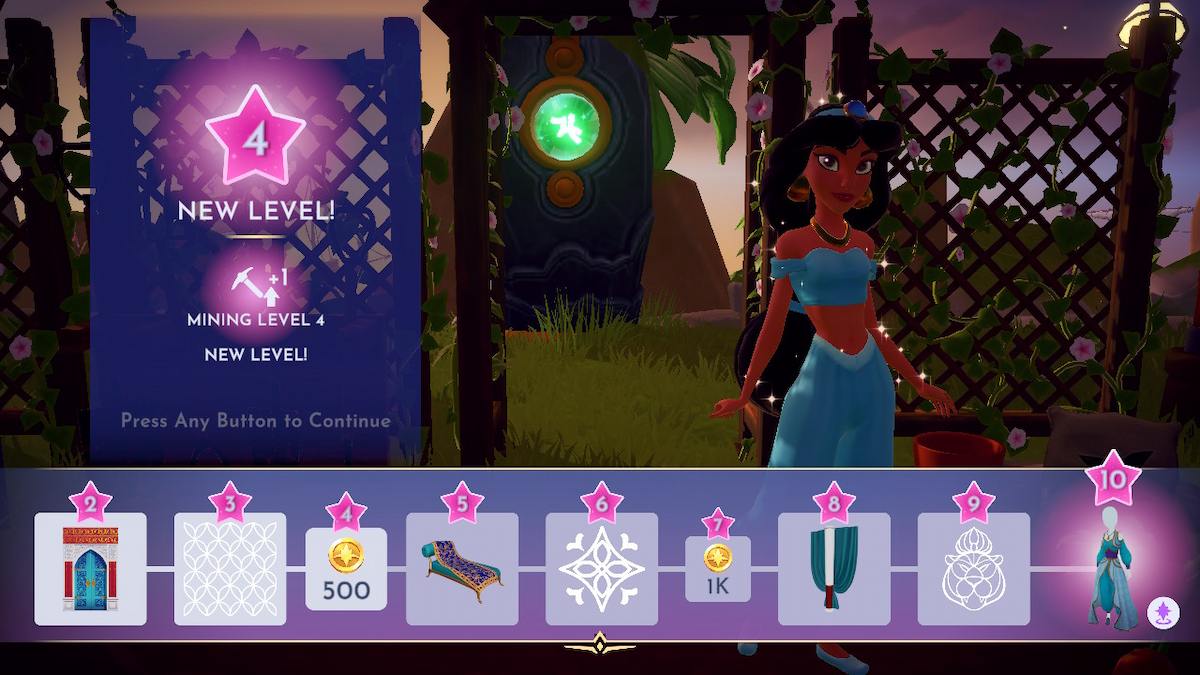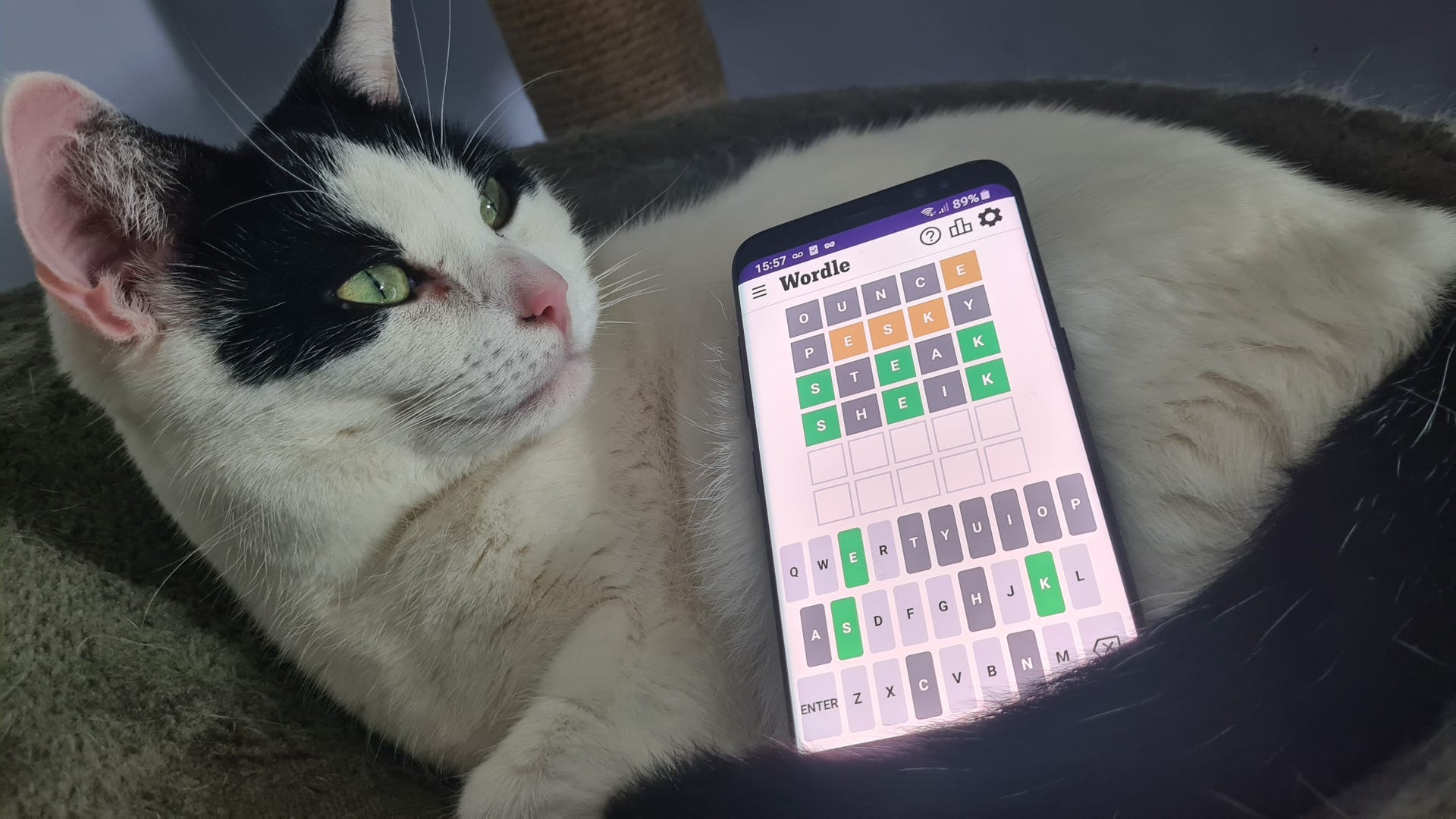
Project Ethos: First Hands-On Impressions of 2K's New Roguelike Hero Shooter
Project Ethos is a new free-to-play third-person hero extraction shooter that mixes in roguelike elements. The main game of Project Ethos is an extraction mode. And while I was excited to finally see 31st Union’s first project since its formation in 2019, I couldn’t help but feel that a lot of the mechanics felt like they belonged in games from that year.
Here’s the thing: Project Ethos is fine as a game. It hits all the right notes as an extraction hero third-person shooter, but my first impression after a few hours of hands-on time is that it seems to fall short of delivering anything that’s truly genre-defying in either the roguelike or extraction shooter departments. In the preview, I was able to play six different heroes, each, as you’d expect, with their own abilities and weapons.
This forces players to really get comfortable with that character’s abilities as a secondary, since abilities in a hero shooter are meant to enhance your playstyle. Your gunplay comes first. And Project Ethos has some fun sets of weapons that I thoroughly enjoyed playing with. The learning curve with characters and abilities was fairly low, so new players won’t feel too out of the water entering Project Ethos.
Project Ethos has some fun sets of weapons that I thoroughly enjoyed playing with.
Trials mode is PvPvE, meaning you’ll be playing against real players as well as NPC enemies that exist in the map. The matches you queue into are persistent, meaning each time you enter a game, other players have been playing in that match for quite some time. You can see how much time is left in the match every time you queue in.
With persistent matches, this means that when you drop into a game, you may end up landing closer to some enemies who are running throughout the map. This also means you’ll encounter players who are higher level than you. Each Trials match has its own leveling system. You earn XP from collecting XP shards from different loot bins you come across, from killing enemies, and from completing events that randomly trigger throughout the map.
The events that could spawn into the map were a bit confusing at first blush. It was hard to see where some of the events were happening just by looking at the overall map. You’d have to really be looking at your immediate vicinity to find the local event, and then go activate it. After a few rounds of play, I got used to this method, but it was frustrating not to see the minor events on the map.
When you level up in a match, you’ll be able to pick one of three different power-ups for your character. There’s a pool of 27 different power-ups to build your playstyle. And this is where the roguelike element comes into play. You can earn up to nine different power-ups in one extraction run if you choose to stay in the game that long and level.
You can earn up to nine different power-ups in one extraction run if you choose to stay in the game that long and level.
The random events that spawn across the map involve different activities that will unlock a big loot chest with bigger XP boosts, weapon enhancements, and cores. Cores are the big-ticket items you’ll be wanting to collect in each run, since extracting with cores will let you buy augments in the main hub. These boost the ability to get power-ups faster, give you health drops from the NPC bots that you fight in game, and other bonuses.
None of these augments boost your damage towards other players, though, so it’s fairly balanced in that regard. Trials overall felt fairly balanced in gameplay, since you could decide to disengage from fights if things felt too dicey. It felt like a proper survival experience with your typical extraction shooters. While you could feel the imbalance of characters’ weapons, with one having a higher dps than the other, you still had the method of escaping to offset that issue.
In the second game mode I was able to play, called Gauntlet, there was no escaping. You’re put into a 3v3v3v3 matchup where you’re playing against another team in a small arena. The first team to score 3 victories, wins. You’re in a server full of other teams since who you face will change each time in a dutch round robin format.
This format pits the bottom half of the teams against the top half of the teams: Team 1 faces Team 5, Team 2 faces Team 6. By the definition of dutch round robin, you shouldn’t be facing a team more than twice. Regardless, this format was the one thing that worked for this game mode.
Project Ethos ultimately plays well, is enjoyable, and utilizes the extraction and roguelike aspects to its advantage, but at first impression, it fails at being a new experience that players will crave to experience over and over again.
Gauntlet really showed the imbalance of the character abilities and weapons, since you’re forced to face your opponents head-on with very little play space. The sniper character, Prism, is incredibly strong, and her primary beam weapon melts opponents quickly in close range, and her sniper rifle allows her to deal devastating damage from a distance. Pairing that with her E ability, where she throws up a prism field that increases the damage output, makes her an incredibly tough character to beat in Gauntlet.
In Gauntlet, you still have the roguelike element of having to choose from selections of your power-ups. This further displayed the imbalance of character damage and powers. However, I did like the competitive aspect of Gauntlet over Trials. It showed a lot of promise of what competitive play could feel like in Project Ethos.
The gameplay loop of Trials and Gauntlet are very cookie-cutter and unexciting. They aren’t experiences that you can’t get somewhere else that you’ve already invested your time in. Fortnite came to mind as I played Project Ethos, and I found myself comparing some of the mechanics that exist in Fortnite that Project Ethos could vastly benefit from.
Overall, I truly did enjoy my time with Project Ethos, but in the end I was left feeling disappointed with the game so far as a whole. Project Ethos ultimately plays well, is enjoyable, and utilizes the extraction and roguelike aspects to its advantage, but at first impression, it fails at being a new experience that players will crave to experience over and over again.








